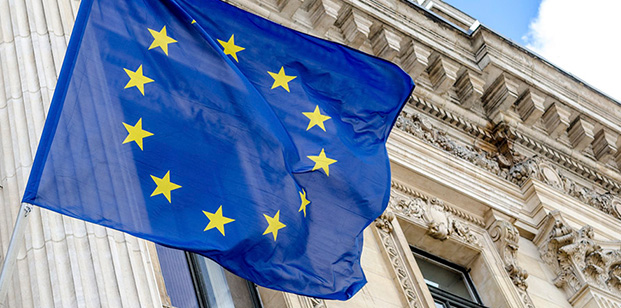Europe has become the default market for capital moving out of the US – can it rise to the challenge?
- There are growing signs that Europe is addressing its problems
- Expectations for European markets remain relatively low
- Europe has negotiating firepower in a way that other countries do not
Europe has come to a crossroads. The war in Ukraine exposed the flaws in its energy policy, the new Trump administration exposed the flaws in its defence policy, while the weakness in China has exposed its export-led economic model. It needs to change, but it is not yet clear whether it has the capability or inclination. For investors moving out of the US and into Europe, this could be important.
One factor in Europe’s favour is that everyone knows its flaws. No-one is talking about European exceptionalism, or hailing European productivity, or trying to copy its innovation culture. Most people believe that it is sclerotic, high regulation, and full of people who want to work short hours and retire early. In stock markets, low expectations are a bonus.
However, this view of Europe is reductionist. Europe’s growth hasn’t been nearly as bad as billed. Germany has exerted a drag on the wider region, but there has been reasonable growth elsewhere, and it has not been fuelled by excessive debt as has been seen in the US. That means the European fiscal position, while not great, is healthier than that of the US.
The region tends to be good when its back is against the wall. It has already done a good job of reengineering its energy mix, for example, building up its stock of renewables and switching on LNG. It has committed to a dramatic increase in defence spending. Germany, in particular, has opened the floodgates on spending in a way that should galvanise the wider region.
Tariffs are a problem and Donald Trump has shown little inclination to go easy on the region. However, Europe has negotiating power in a way many other countries don’t, and may be less inclined to hurry a deal after the ruling of the US Court of International Trade on the legality of tariffs. While Trump may find other ways to impose tariffs, the Court has undoubtedly weakened his bargaining position.
Equally, the European consumer also has firepower in a way that the US consumer does not. It has a higher saving rate. As Will James, manager of the Guinness European Equity income fund says the European consumer has a confidence problem, rather than a cash flow problem. With interest rates coming down, this position should improve.
Then there are the low expectations, which are reflected in much lower valuations across European markets. The gap with the US only really makes sense if the US is exceptional. If it isn’t, Europe is cheaper and has more potential.









